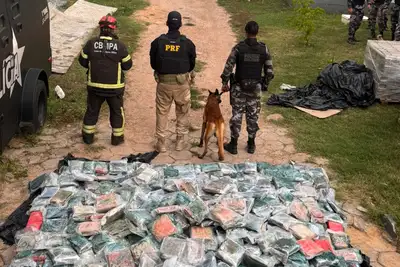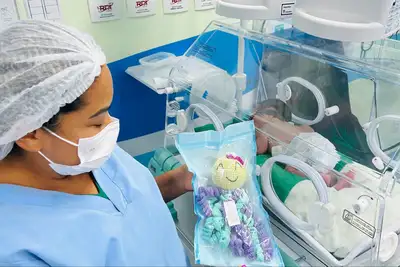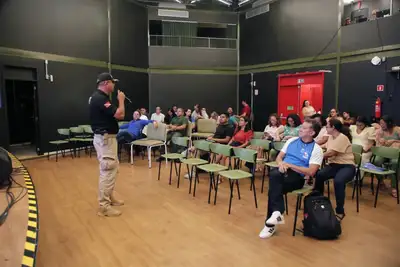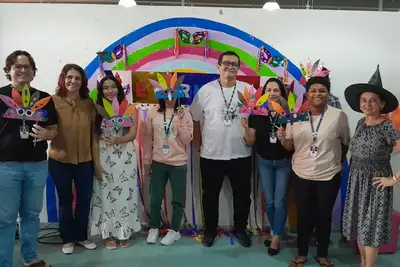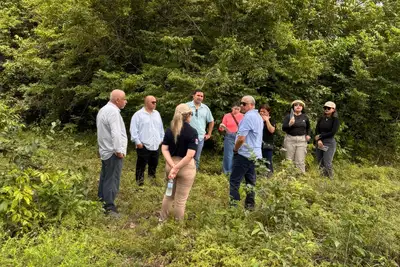Executive Table discusses actions to consolidate the global leadership of açaí
The state and processing companies want to resolve the main logistical, regulatory, and commercial barriers of the fruit in the market, both inside and outside Brazil
In a decisive step towards consolidating açaí as a symbol of the Amazonian bioeconomy, the Government of Pará held on Wednesday (18) the first plenary session of the Açaí Executive Table, which includes companies from the processing sector and representatives from the state executive. The initiative aims to tackle the main logistical, regulatory, and commercial barriers in the national and international markets for the product.
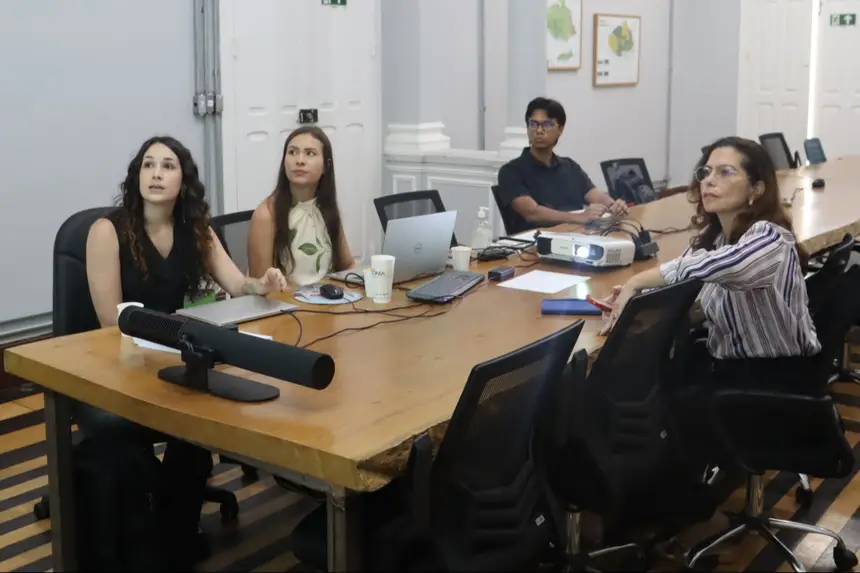
The Table is part of the actions outlined in the State Bioeconomy Plan (PlanBio) and follows the collaborative governance model successfully launched in the Brazil nut sector. The structure brings together 14 companies, as well as representatives from Amazônia 2030, the Amazon Entrepreneurship Center, the Climate and Society Institute (iCS), and the State Secretariat for the Environment, Climate, and Sustainability (Semas), which acts as the process facilitator.
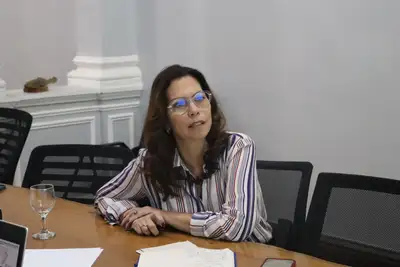
Challenge - Camille Bemerguy, deputy secretary of Bioeconomy at Semas, highlighted the objectives and challenges of the initiative. “This is a space for exchange, for communication. Here, the main challenge is to collectively analyze how the demands present themselves and what actions and measures can be adopted. So, we really need to have this space to listen to the needs, exchange, and be able to transform this into concrete measures or interventions. The success of this initiative depends, above all, on the engagement of those who are part of this Table, this exchange, where you are the protagonists, and we, from the State, have this role of contributing to the leverage of bioeconomy in the State, starting from the understanding that if we have several bioeconomies coexisting, we need to do more and better, without neglecting to work on new products and solutions,” explained the deputy secretary.
Professor Salo Coslovsky, from "Amazônia 2030", believes that “the Executive Table plays a critical role, as it helps to identify those problems that are too shared to be solved by one company at a time, but very specific to each sector to maintain the continued attention of the public power. The Table finds these problems and mobilizes stakeholders to solve them.”
Opportunities - Bruno Kato, CEO of Horta da Terra, shared his recent experience in trade missions to China. According to him, there is a great demand in the Asian country for açaí derivatives, with contracts already signed for the supply of 100 tons of açaí powder – and potential to reach over a thousand tons. “The challenge is to think about the strategic positioning of prices, combined with supply solutions. We need to ensure that more value remains in the chain and returns to the Amazon,” he emphasized.
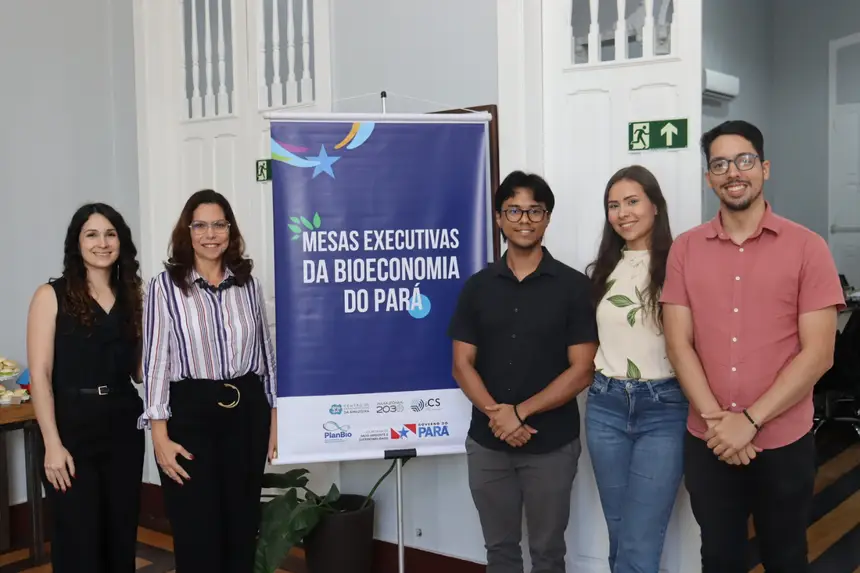
During the meeting, the need for phytosanitary certificates for products, the increase in the frequency of ships, and the need for refrigerated containers were discussed, as well as the urgency for a national technical classification for açaí-derived products, such as pulp, powder, and sorbet.
Among the actions deliberated in the meeting are the articulation with the Ministry of Agriculture and Anvisa (National Health Surveillance Agency) for regulatory and documentary issues, and data collection to define the priority themes of the Table until 2026.



